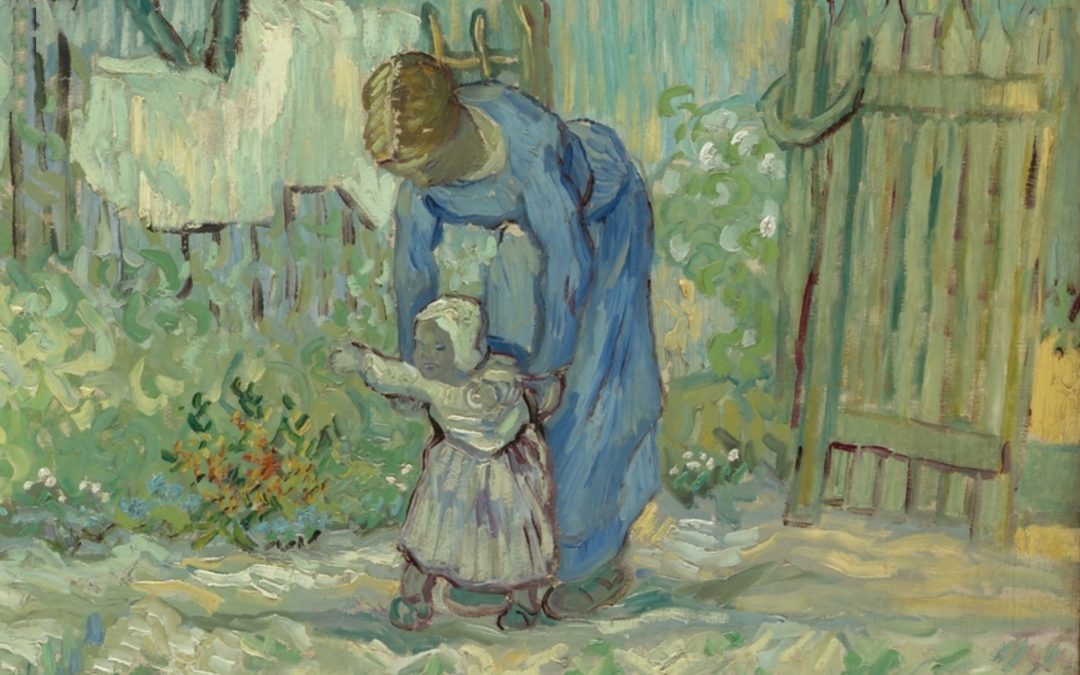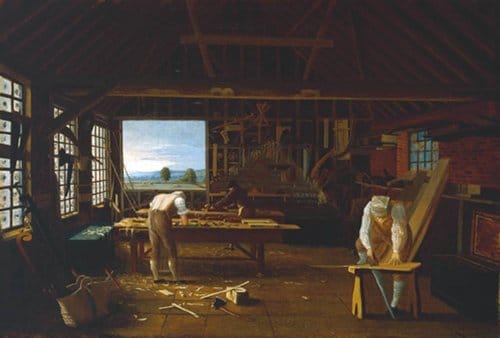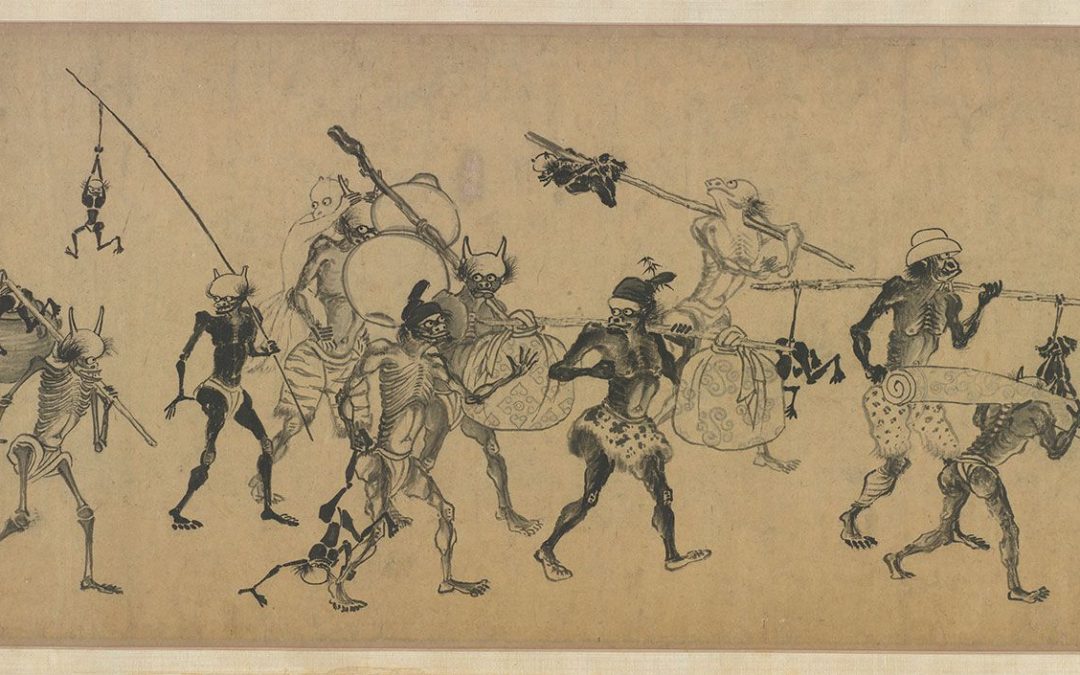 On 2nd September, David Graeber, anthropologist and activist, died suddenly in Venice, Italy, aged 59. His death – one death in a time of mass death – comes at a moment when his radical vision for a better world feels, paradoxically, both within reach – if only...
On 2nd September, David Graeber, anthropologist and activist, died suddenly in Venice, Italy, aged 59. His death – one death in a time of mass death – comes at a moment when his radical vision for a better world feels, paradoxically, both within reach – if only...
 In The Craftsman, sociologist Richard Sennett offers a radical vision for living, a way of being and engaging with the world based on the values, ethos and commitments embodied in craftsmanship – an antidote, if you will, to a commercial and consumption-driven...
In The Craftsman, sociologist Richard Sennett offers a radical vision for living, a way of being and engaging with the world based on the values, ethos and commitments embodied in craftsmanship – an antidote, if you will, to a commercial and consumption-driven...
 In 1768, during the most prosperous period of the Qing dynasty’s rule, mass hysteria broke out in Jiangnan, the region of the lower Yangtze River that was the empire’s commercial capital, over rumours that a band of sorcerers were roaming the countryside chanting...
In 1768, during the most prosperous period of the Qing dynasty’s rule, mass hysteria broke out in Jiangnan, the region of the lower Yangtze River that was the empire’s commercial capital, over rumours that a band of sorcerers were roaming the countryside chanting...
 This is going to be our Pearl Harbor moment, our 9/11 moment, only it’s not going to be localised. It’s going to be happening all over the country. And I want America to understand that.–US Surgeon General Jerome Adams, 5 April 2020 The idea that the...
This is going to be our Pearl Harbor moment, our 9/11 moment, only it’s not going to be localised. It’s going to be happening all over the country. And I want America to understand that.–US Surgeon General Jerome Adams, 5 April 2020 The idea that the...
 I can’t be the only one who has, in recent weeks, found myself reaching for my dog-eared copy of Daniel Defoe’s A Journal of the Plague Year, a fictional re-telling of the 1665 great plague of London – an epidemic that killed around 100,000 people. Defoe...
I can’t be the only one who has, in recent weeks, found myself reaching for my dog-eared copy of Daniel Defoe’s A Journal of the Plague Year, a fictional re-telling of the 1665 great plague of London – an epidemic that killed around 100,000 people. Defoe...






